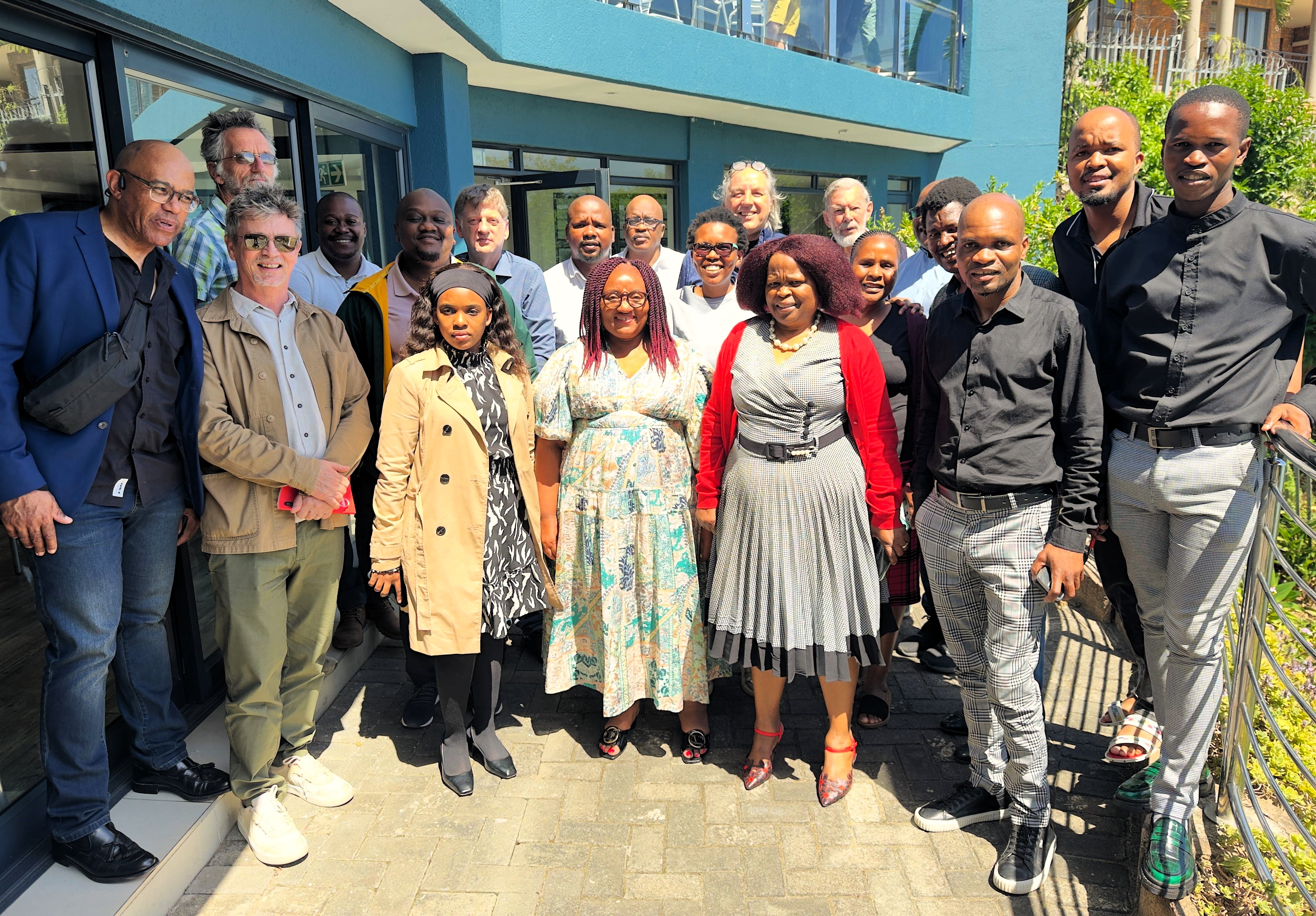My WSU | Student Life | Enterprises | Media | Support Services | Vision 2030 | Procurement | Tenders | Contact
WSU AND WITS JOIN FORCES TO DRIVE-EVIDENCE-BASED PLANNING IN SA’s FORMER HOMELANDS

Walter Sisulu University (WSU) has partnered with the University of the Witwatersrand to lead a cutting-edge inquiry into how evidence, data, and community knowledge can inform the development of South Africa’s former Apartheid homelands.
The four independent homelands of South Africa, which were the Transkei, Ciskei, Bophuthatswana, and Venda, were created as part of the apartheid policy of separate development and were mostly self-governing territories or so-called "Independent" States.
The inquiry funded by the British Academy aimed not only on settlement planning on former homeland territories but also at service delivery and economic development planning caused by apartheid-era policies over the 30 years into democracy.
In November, the universities hosted a workshop in East London to deliberate on how evidence has been used to drive or refine (or even subvert) policy in South Africa’s former homelands since democracy.
According to WSU Professor of law, social sciences, and humanities Leslie John Bank, the teams were already working on the inquiry worldwide.
“Different spheres of government should work with locals when making policies in relation to human settlements in rural provinces like the Eastern Cape because those policies passed down by national policymakers tend to miscount rural life dynamics,” he said.
He emphasised the importance of collaboration between different organisations outside of government and universities to develop their own provincial-level evidence on critical issues.
The workshop was also attended by Wits University’s Professor Phil Harrison, who said that the goal was to bring the overlooked areas back into the centre of planning by taking their findings to provincial and national dialogue workshops to shift policy conversation on land, governance, and development, ensuring the voices from these community’s shape solutions.
“We are using recent evidence, including the census 2022 and data from private companies, which shows that many former homeland areas have grown over the past years,” he said.
“The research is ongoing into provinces to hear directly from those who live in these places and understand whether statistics match lived reality,” he added.
WSU DVC- Research & Internationalisation, Prof Nosisi Feza reflected on the discussion of the workshop, and emphasised the importance of research taking time to go back to our history and conduct an analysis.
“The workshop made me realise that as much as we talk about democracy, our laws have not democratised us. We are not in a democracy because when we look at the property, the land property laws that were there in 1936 are still here in 2025.”
Feza added that the research shows the power of mother tongue in liberating the mind, yet it never looked at what made African people succeed in the past.
“To understand colonisation, we need to go back to when it started; until then, whatever we say about decolonisation is artificial,” she added.
The ongoing inquiry will also serve as a voice for local communities and challenge policies that overlook the realities of rural life.
By: Ayabonga Siyocolo & Sinawo Nkqayi
